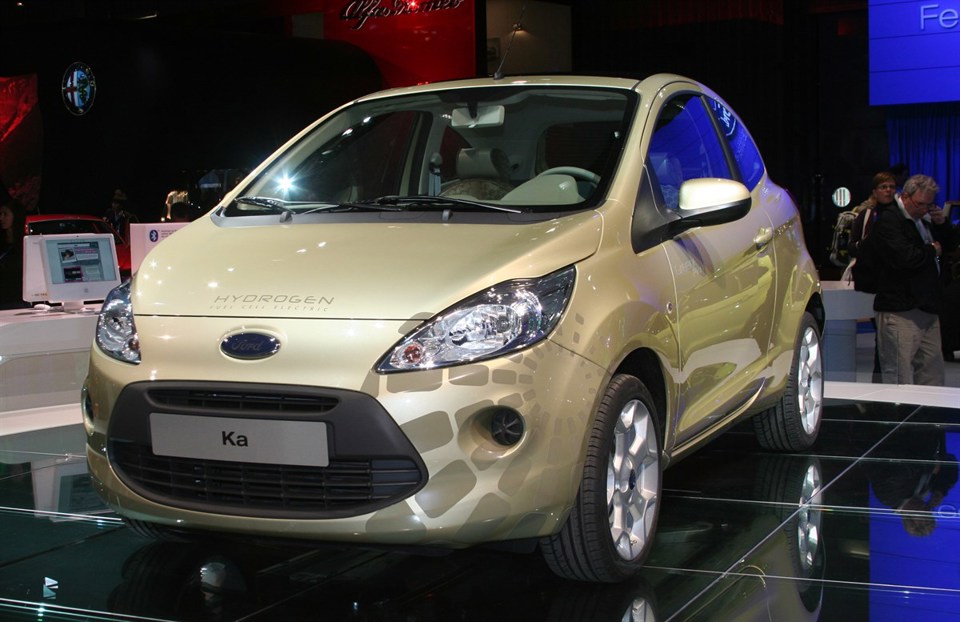Ford, Daimler and Renault-Nissan have signed a three-way agreement for the joint development of common fuel cell system to speed up availability of zero-emission car technology and significantly reduce investment costs across all companies.
The electricity for an FCEV is produced on board the vehicle in the fuel cell stack where it is generated following an electro-chemical reaction between hydrogen - stored in a purpose-designed, high-pressure tank in the car - and oxygen from the air. The only by-products are water vapor and heat.
The collaboration is expected to lead to the launch of a mass-market fuel cell electric vehicle by 2017.
Each company will invest equally towards the project.
Mitsuhiko Yamashita, member of the board of directors and executive vice president of Nissan Motor Co., supervising research and development, said: “Fuel cell electric vehicles are the obvious next step to complement today's battery electric vehicles as our industry embraces more sustainable transportation.”
Raj Nair, group vice president, global product development, Ford Motor Company, said: “Working together will significantly help speed this technology to market at a more affordable cost to our customers.
"We will all benefit from this relationship as the resulting solution will be better than any one company working alone."
Engineering work on both the fuel cell stack and the fuel cell system will be done jointly by the three companies at several locations around the world.















Login to comment
Comments
No comments have been made yet.